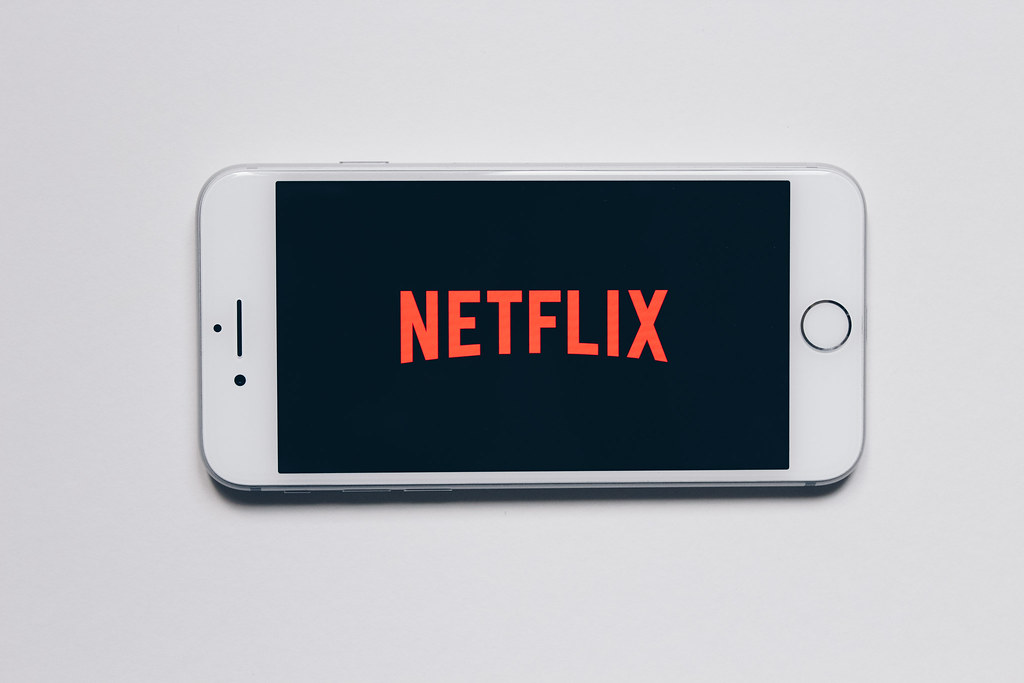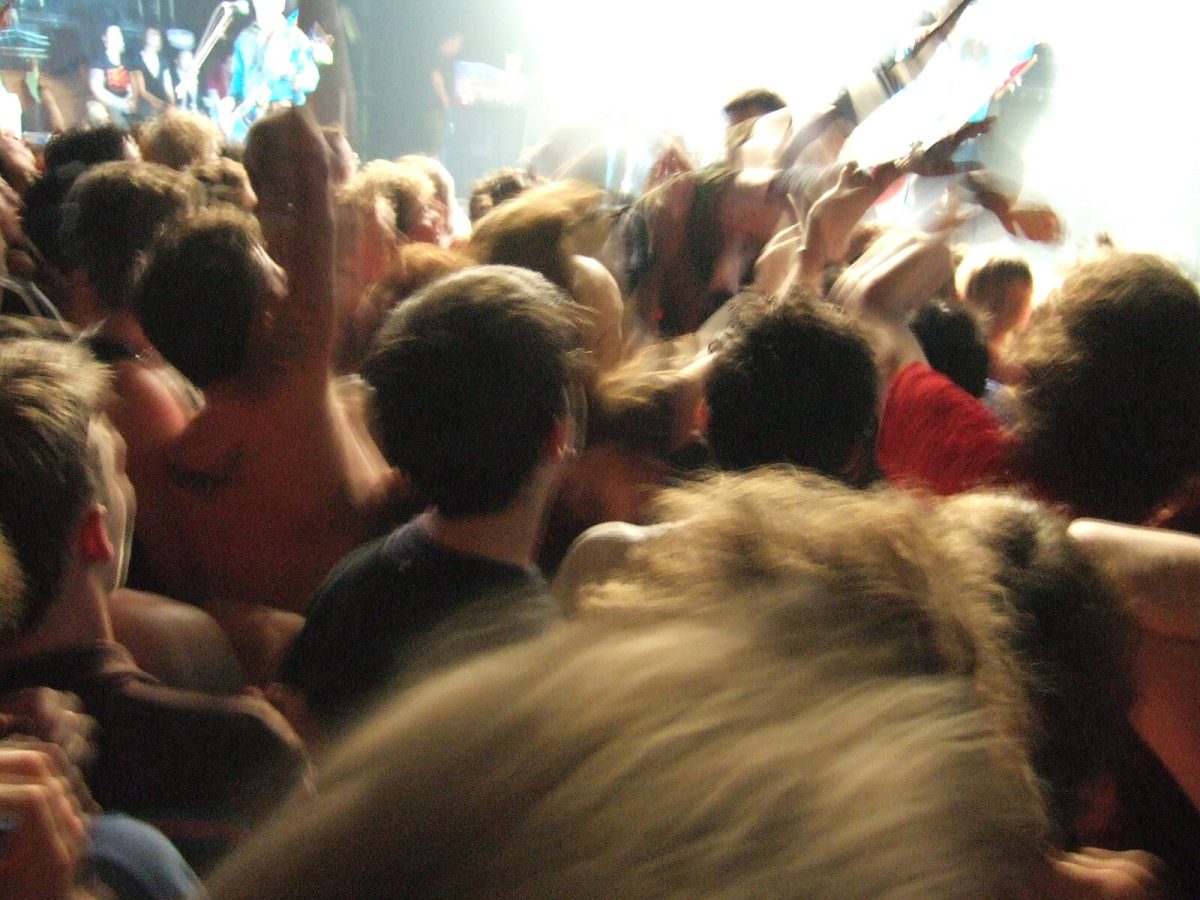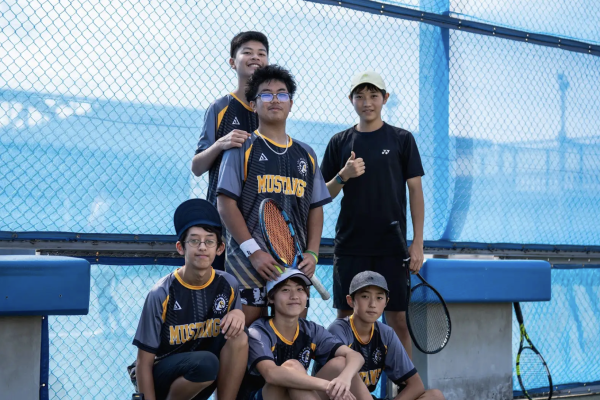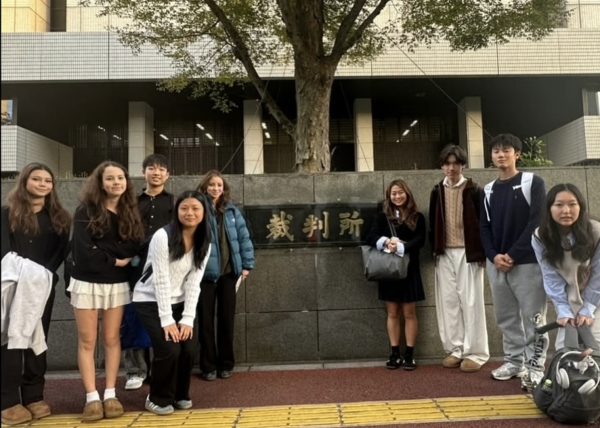Bonjour Tristesse
November 2, 2020
There is a thrill when it comes to new headlines. Headlines notify you the world is continually shifting, and that this moment is unlike any other. There are those in agony and desperate for help on the other side of the world, yet reading about them helps in a small way because you acknowledge them. It’s strange what reading an article does to oneself. But what happens when the same headlines seem to appear every day?
When a headline like “For Hong Kong Protesters Caught at Sea, Trial in China Is Likely” in the New York Times appears on a feed, there is no thrill—we know about the protests in Hong Kong. Reading the article, what more will we learn? This ennui when seeing headlines results in many unread articles reposted on various media, an act seen most prominently on Twitter.
But the problem isn’t the fault of journalists and whether they are creative enough to come up with innovative headlines. News that is not new is the dilemma.
Looking at the unremitting news is boring to so many. Why is this so?
If it isn’t about the discovery of a vaccine or some sort of connection to politics, Covid-19 is a tedious topic. We often see reports about how it is affecting the younger generation and what it’s like working from home. Placed next to the mass of breaking news, these repetitive reports can seem superfluous. But we should remember what it was like to see that news for the first time.
A good example of old news that many would rather move on from is the changed lives of last year’s high school seniors amid the pandemic. Now graduated and dispersed into their new lives, it was fascinating to observe the 2020 seniors as they faced an uncertain reality. There was no prom and no proper graduation, but that only made faculty try to compensate for what was lost and make something that lived up to expectations of the end of high school. There was something romantic about the daily clashing of the news and the loud dilemmas thrown at the seniors. It felt as though a season of a beloved TV show was coming to an end.
Now, the 2021 seniors are well prepared knowing that from day one, their year will look quite different from what they had envisioned in pre-pandemic times. Seniors are in a situation considered slightly more arduous than last year’s graduates. When asked about the main difference between 2020 and 2021 graduates, senior Saci-Elodie Marty commented, “I feel like our grade just kind of gotten used to it and worked [our way] around it. Last year, graduates didn’t have time to adapt to it.” Covid-19 restrictions that the past senior class faced used to be the talk among the high schoolers. But now students like Saci are in the same mess as last year’s seniors, but only this time a tolerance to this madness has simmered down a need for constant updates about what their year will look like.
Schools like ASIJ took much effort to praise the great spirit of the last year’s graduates; it may be that such concentrated energy is lost for this year’s seniors. At this point, most seniors want, as Lilia Dow-Yuzawa, another senior in ASIJ puts it, to “be able to hang out with my friends and just enjoy the last semester that we have together.”
It is exhausting to always be on the alert, reminding ourselves that what we live in is not normal. But is there a potential danger of becoming blasé? The repetitive news stories are like drugs: the human body wants to up the dose, for what is currently in the body has no effect. Yet this very human response is a threat to our engagement in politics and other current events. This “new normal” cannot be comforting and our alarm at the news cannot be sustained.




















